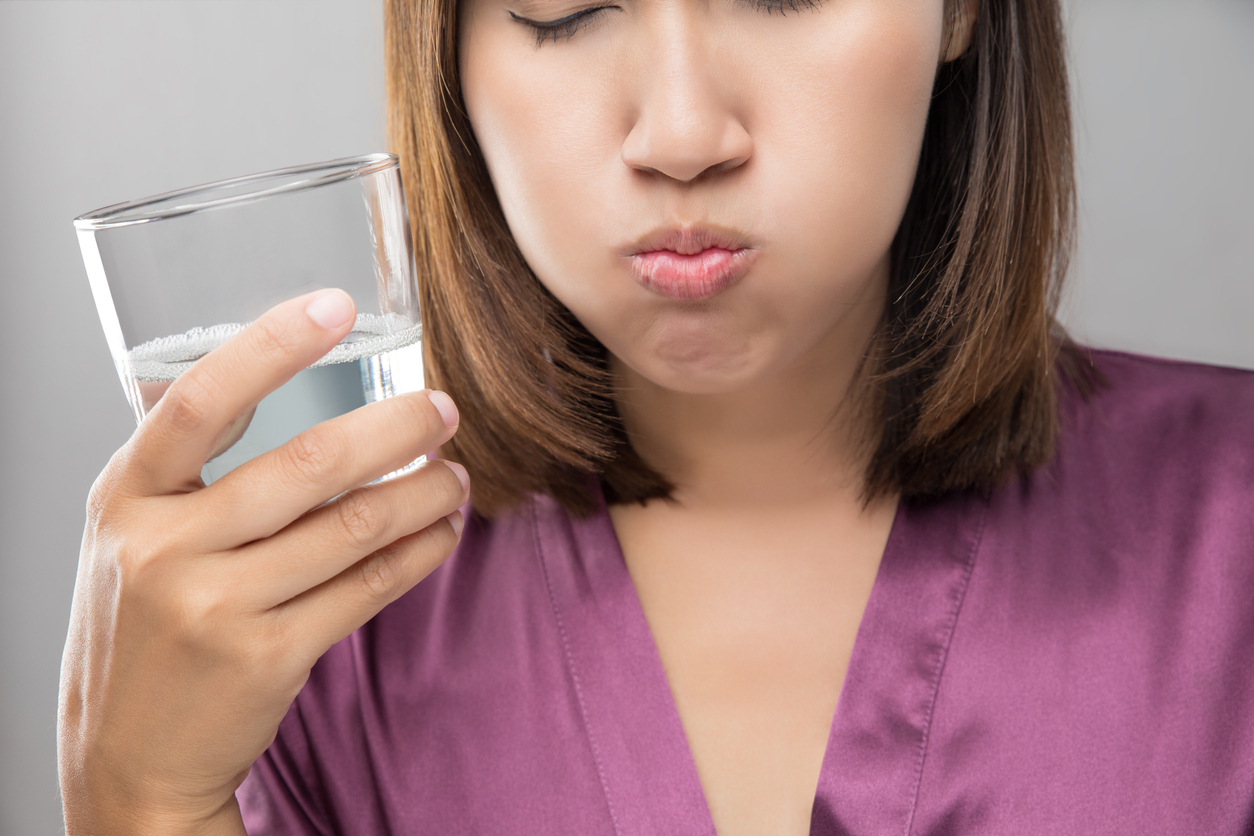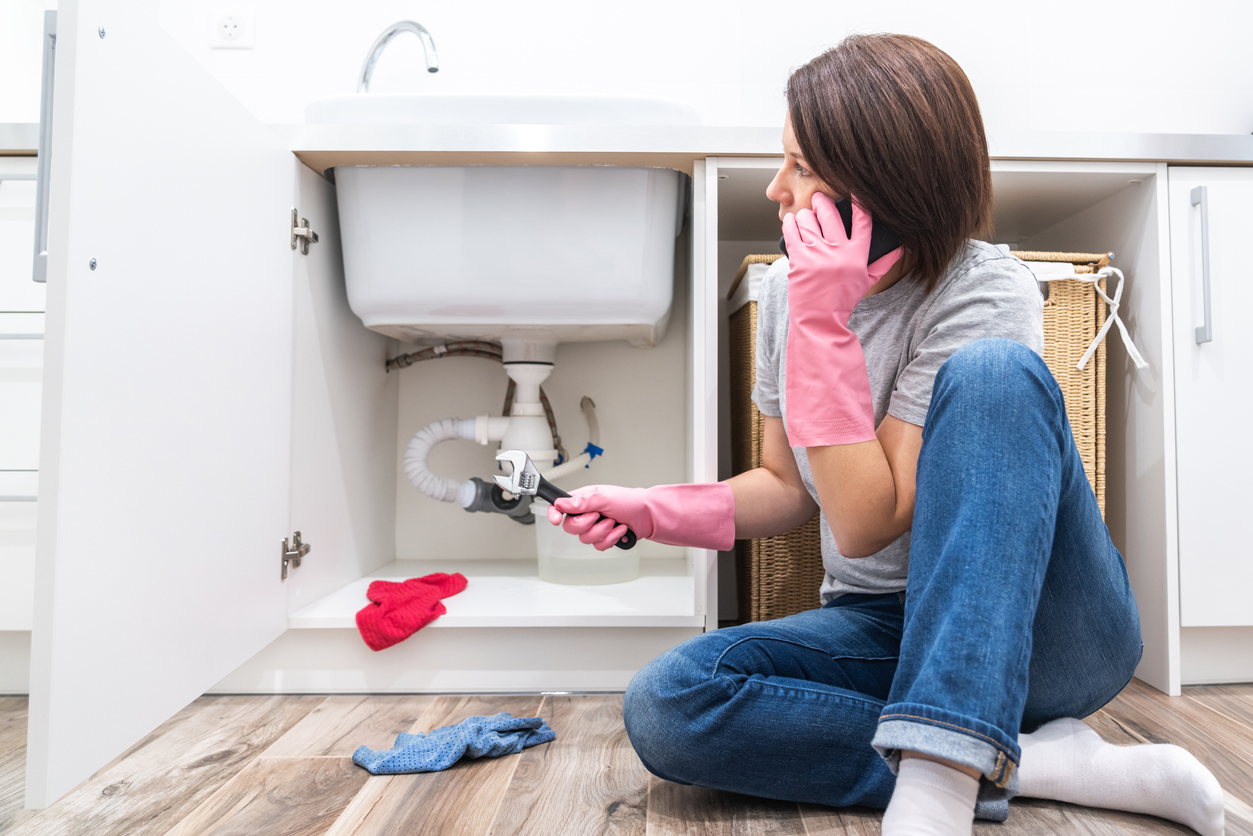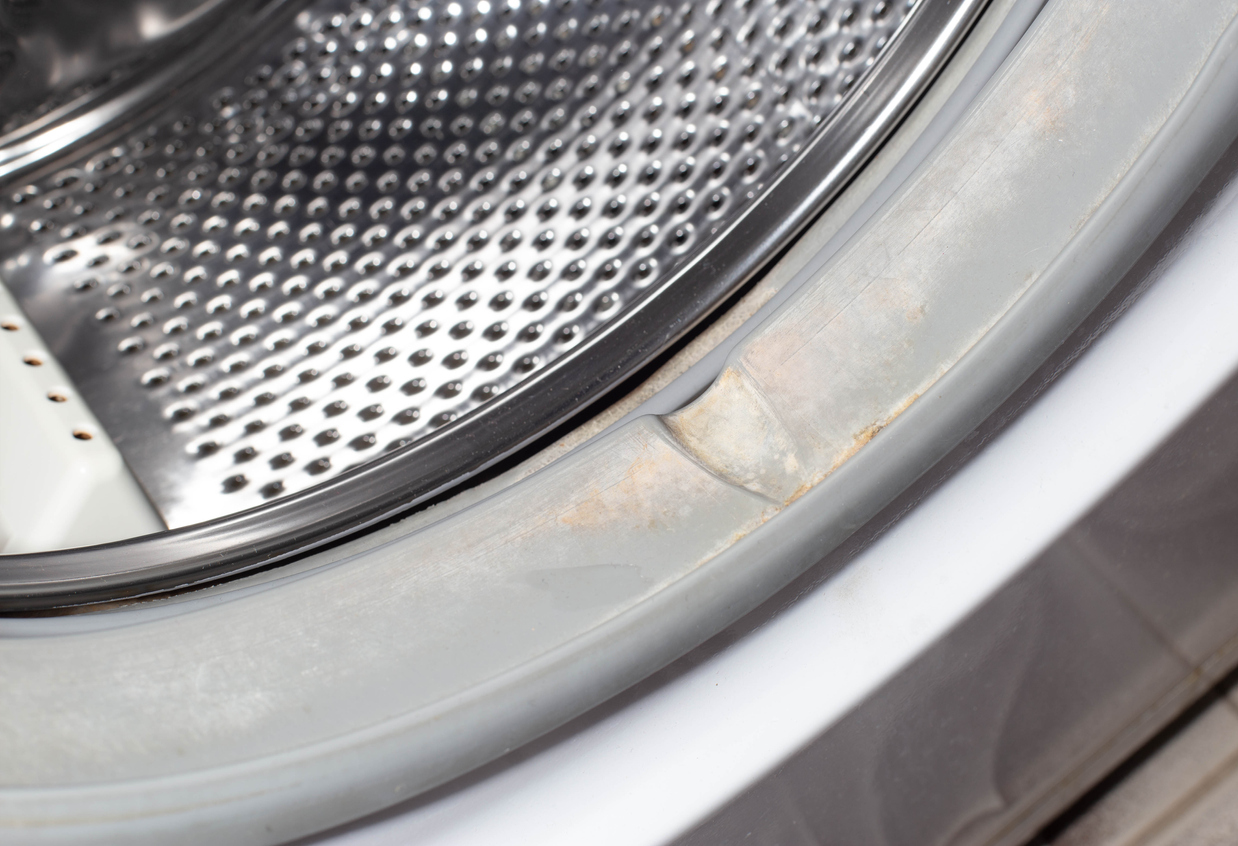As part of our ongoing water treatment blog series, in this installment, we’re looking into the inquiry, “Is a house filter necessary?” Short answer: Yes.
Long answer: A water treatment system ensures your home’s pipes and appliances will all be protected from the effects of hard water. After installing a water softener, you’ll enjoy better showers, cleaner dishes, fresher clothing, limescale protection, healthier skin, longer-lasting home appliances, and less expensive calls to the plumber.
Before you check out our exclusive line of Envirotec filtration systems, here are Spencer’s top 10 water treatment signs you should be wary of.
1. Your Water is Not Clear
In most cases, all it takes is a visual assessment to determine whether your water needs treatment. Cloudiness is a dead giveaway—if your water is murky or tinged with color, it may have contaminants that need to be removed. Water that is safe for consumption should be clear to the eye and have no specific taste.
2. Your Water Tastes Bad
Quality water should not have a strong taste. If it tastes “off,” we suggest having it evaluated by a certified water specialist (CWS) to determine the mystery ingredient. Here are some of the most common flavors ill-fated users of untreated water have reported:
- “Like pool water” – If you feel like you just took a swig from your swimming pool, that taste is likely coming from chemical disinfectants that are added to the public water supply. Chlorine or a mixture of chlorine and ammonia (called chloramine) is often used at water treatment plants, and these same chemicals are also used to disinfect swimming pools—hence why even in small quantities, they can be present in your drinking water.
- “Metallic” – If your water has a metallic taste, it is most likely due to high concentrations of metal in your water. Usual suspects include zinc, iron, and manganese; that said, at the levels they are usually found in drinking water, none of these elements are known for causing health problems.
- “Moldy” – Blech! If your water tastes fishy, earthy, dirty, moldy, or otherwise musty, it might be due to algal blooms in the source water. While municipal water is treated to remove algae, the taste is known to linger. Alternatively, another source for this unpleasant flavor could be bacterial growth within your own sink.

3. Your Water Smells Bad
If there is an unexpected odor coming from your water faucet or showerhead, something is amiss. In addition to investigating water treatment options, we recommend consulting a CSW to identify the contaminant and associated health risks.
For instance, if your water’s scent reminds you of rotten eggs, it may have a higher-than-normal level of hydrogen sulfide gas, which is often caused by the metabolism of a non-harmful bacteria that reduces sulfates. While the presence of hydrogen sulfide gas is not inherently dangerous, it lessens the quality of life for the users of the water supply.
4. You’re Constantly Having to Repair Your Plumbing
Since your home’s pipes and plumbed appliances are in constant contact with your tap water, issues with its quality can damage your home plumbing system. Frequent clogging and leaks can occur as a result of poor water quality (especially in copper and steel pipes), as excess mineral deposits found in hard water can accumulate inside your home’s pipes over time to reduce the water pressure. In short, installing a water treatment system might be the answer to your plumbing issues.

5. Your Water is Staining Your Laundry (and Other Surfaces)
If you notice that your clothes and bedding are graying, it could be due to hard water. Certain water contaminants like iron, manganese, and sulfur can produce stains on whatever they encounter, including plumbing surfaces like toilet bowls and sinks. While a liquid water-softening detergent may curb the unwelcome stains on your laundry, its effect on hard water may be limited.
In addition, your home’s hard water might affect how dishwashers clean your dishes. Namely, you might encounter spotty plates, streaky silverware, and cloudy glasses. This is because hard water does not lather well with cleaning products like dishwasher soap.
A water softener as a filtration system is a surefire solution to these staining issues—and most importantly, you’d be improving the efficiency of your appliances.
6. Your Household is Experiencing Stomach Sickness
Certain contaminants in your drinking water can make you and your family sick, especially after long-term exposure. Since many of the hazardous contaminants have no taste or smell, it is especially important you have a water filtration system. If your household has at least one person who is elderly or immuno-compromised, more precaution is advised.
According to the Centers for Disease Control and Prevention (CDC), water-borne pathogens that may be in contaminated water include giardia, cryptosporidium, shigella, e. coli, and viruses. Symptoms of gastrointestinal illness from contaminated water include diarrhea, abdominal cramps, nausea, and vomiting.
We advise you to seek the opinion of your primary care physician if you experience any of these symptoms.

7. A Professional Water Quality Analysis Showed Contaminants
This one’s obvious. Most of us get our water from a public supply, so if the city’s yearly water quality report indicates high levels of any contaminant, there is a good chance it is in our homes’ tap water. At this point, it is recommended that you take personal protective measures to ensure your home’s supply is safe to consume.
As previously mentioned, you can consult a CSW for an examination of your home’s water supply.
8. There is Limescale Buildup in Your Home
Another way to tell you have hard water in your home is if you see a white, crusty substance on plumbing fixtures, including faucets, showerheads, bathtubs, and certain appliances that circulate water, like your washing machine, dishwasher, and coffee machine. This unwanted buildup is called “limescale”—and it can be hard to remove.
A water softener will remove the hardness minerals to protect your home’s pipes and appliances from the effects of hard water.

9. You Have Dry Skin or Hair Because of Your Water
Whether you’re showering or washing your face over the bathroom sink, if untreated, your home’s water supply can dry out your skin, making it feel leathery afterward, as extra minerals in hard water can block pores, triggering blackheads and inflammation.
Extra magnesium and calcium in your water also make your hair and scalp dry and itchy. Since soap doesn’t dissolve properly in hard water, shampoo and conditioners are rendered inefficient at washing away these extra mineral deposits. And the same goes for body washes and facial cleansers!
Moisturizers and expensive products can only do so much—a water filtration system may be the beauty treatment you’ve been looking for.
10. You Have an Expensive Water Bill
Lastly, if your water bill has sharply increased, this could point to untreated water. The rationale is simple: Your plumbing system works harder when there are mineral buildups in your pipes and home appliances.
A water softener will not only soften your hard water; it will also soften those anxious wrinkles on your forehead for the next billing cycle.

Let Us Help You
Be sure to read our “10 FAQs on Water Treatment Systems” blog to learn more about water filtration, and if you have any questions, feel free to contact your friends in the business, Spencer’s TV & Appliance. Whether you call or visit us, we are always happy to help!


